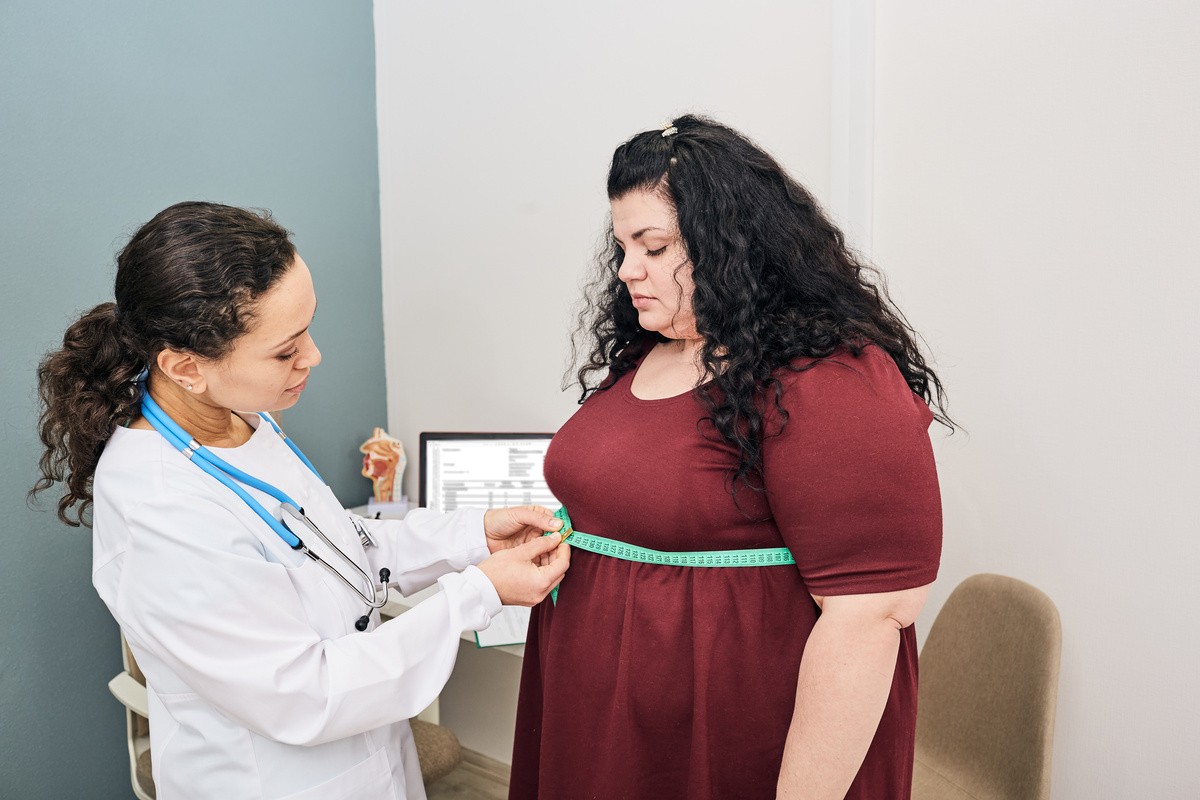What Is A Clinical Dietitian?
If you're wondering “What is a clinical dietitian?” A clinical dietitian is a type of Registered Dietitian Nutritionist or Certified Nutrition Specialist who specializes in providing Medical Nutrition Therapy (MNT).
They work with patients to develop customized nutritional programs that address individual needs, helping them improve their overall well-being through diet.
Additionally, clinical dietitians often collaborate with doctors and other medical practitioners to regulate and treat a wide range of health conditions through nutritional guidance.
At Berry Street, we can help you ‘find a Registered Dietitian’ easily with our platform to help you meet your nutritional objectives.
In this blog post, we'll explore what clinical dietitians online do, their responsibilities, requirements for becoming one, and the differences between a dietitian and a nutritionist.
What Is A Clinical Dietitian?
A clinical dietitian is a type of Registered Dietitian or Certified Nutrition Specialist trained to provide evidence-based nutritional care to patients.
They work primarily in healthcare settings, such as:
hospitals
outpatient clinics
nursing homes
Clinical dietitians assess their patients’ nutritional needs, develop personalized meal plans, and provide education on how to manage diseases through diet.
Their goal is to use nutrition as a tool to monitor and aid chronic conditions like diabetes, heart disease, and gastrointestinal disorders.
But what about other conditions? Can a dietitian diagnose an eating disorder? Drawing from our experience, dietitians in all fields and various entry levels can give patients a full nutrition evaluation if they suspect they’re suffering from an eating disorder.
Please note that this is different from a medical diagnosis though, which is a formal clinical identification of medical conditions undertaken by licensed healthcare practitioners. A nutrition diagnosis performed by a dietitian merely detects behavioral patterns connected to nutritional well being, or malnutrition caused by eating disorders.
Whether you're managing a chronic illness or seeking preventive care, a clinical mental health dietitian, dietitian specializing in diabetes or dietitian IBS specialist are some of these key partners in your healthcare team.
Role Of A Clinical Dietitian
Based on our first-hand experience, clinical dietitians play a vital role in patient care, focusing on how nutrition impacts well being. They assess a patient's nutritional status through medical history, laboratory results, and lifestyle habits.
After identifying specific needs, they develop individualized nutritional plans aimed at improving or regulating health conditions.
An oncology dietitian and dietitian specializing in diabetes often work with patients who have conditions like diabetes, kidney disease, or cancer, and they help treat symptoms through diet.
At Berry Street, we’ll connect you with top dietitians for personalized, expert nutritional care. Find a Registered Dietitian today!

What A Clinical Dietitian Studies And Coursework
To become a clinical dietitian, you must complete rigorous educational requirements. This typically includes a bachelor's degree in dietetics, nutrition, or a similar field, followed by supervised clinical practice.
Coursework covers a variety of subjects such as:
Medical Nutrition Therapy
Biochemistry
Food Science
Human Physiology
If you’re wondering, “What is Medical Nutrition Therapy?”, a Registered Dietitian essentially utilizes Medical Nutrition Therapy (MNT), which comprises behavioral counseling and nutrition education. In layman’s terms, they help you determine your personal objectives and health needs.
Aside from MNT, many dietitians also go on to earn advanced certifications or a master's degree to further specialize in areas like pediatric nutrition, oncology nutrition, or renal nutrition.
In this regard, a pediatric dietitian or dietitian for cancer patients receive comprehensive training. This specialties like online therapy for emotional eating that equips them with the knowledge and skills needed to handle complex nutritional needs in clinical settings.
Clinical Dietitian Salary
On average, clinical dietitians in the United States earn between $60,000 and $75,000 annually.
Clinical dietitians working in specialized fields or with advanced degrees can potentially earn more money, often in the range of $100,000 annually.
Our investigation demonstrated that the salary for a clinical dietitian can vary depending on:
location
experience
level of education
As healthcare continues to emphasize preventive care and chronic disease management, the demand for dietitians is expected to rise, positively impacting salaries in the field.

Clinical Dietitian Job Growth
It’s projected that employment for dietitians and nutritionists will grow by 7% from 2023 to 2033, which is faster than the average for all occupations.
According to the World Health Organization (WHO), this growth is largely driven by the increasing awareness of the public regarding the importance of diet in managing chronic illnesses.
As a result, clinical dietitians are increasingly being integrated into healthcare teams in hospitals, outpatient clinics, and long-term care facilities, which contributes to the rising demand for their expertise.
Dietitian Vs. Nutritionist
A Registered Dietitian, particularly a Registered Dietitian Nutritionist (RDN), is a licensed professional who meets specific educational and clinical requirements. They’re trained to provide MNT and work in healthcare settings.
On the other hand, a nutritionist is a more general term not protected by law which often refers to someone without formal training. Nutritionists may offer advice on healthy eating and wellness, but they aren’t legally qualified to provide MNT unless they’re a Registered Dietitian Nutritionist.
Specializations
Clinical dietitians can specialize in various fields, like pediatrics as a pediatric Registered Dietitian, oncology nutrition in the form of cancer nutrition therapy, renal nutrition, and critical care nutrition.
These specializations allow dietitians to focus on specific populations or conditions, ensuring patients receive the most effective nutritional care.
Having a Registered Dietitian with specialized expertise can be particularly beneficial when treating complex medical conditions that require tailored dietary interventions.

Work Environment
Clinical dietitians generally work in healthcare settings alongside doctors, nurses, and other healthcare professionals to develop and implement nutritional care plans for patients.
Some dietitians also work in private practice, offering personalized nutrition counseling to individuals outside of a hospital setting.
What does an outpatient dietitian do? An outpatient dietitian focuses on providing you with ongoing nutritional care to help you manage chronic conditions or prevent disease progression.
Our findings show that outpatient dietitians often have more one-on-one time with patients, providing in-depth counseling and support, which can lead to better long-term health outcomes.
Ready to boost your wellness? Connect with a Registered Dietitian at Berry Street and start your personalized health journey today!
How Can A Clinical Dietitian Help Me?
A clinical dietitian can help you manage or prevent chronic diseases, improve your overall well being, and optimize your diet for better energy and well-being.
Whether you’re dealing with diabetes, heart disease, or gastrointestinal issues, clinical dietitians create personalized nutrition plans tailored to your specific needs.
Can a dietitian prescribe Ozempic? No, an Ozempic dietitian cannot prescribe medications like Ozempic. With that said, they can work alongside your healthcare provider to ensure your diet effectively supports your medication regimen.

Conclusion
In this blog post, we discovered that a clinical dietitian is a highly trained healthcare professional who manages and improves patient health through nutrition.
Ready to prioritize nutrition in your wellness journey? Let Berry Street match you with a ‘licensed dietitian near me’.
With 100% insurance-covered visits, focusing on your health has never been easier.
Start today!







